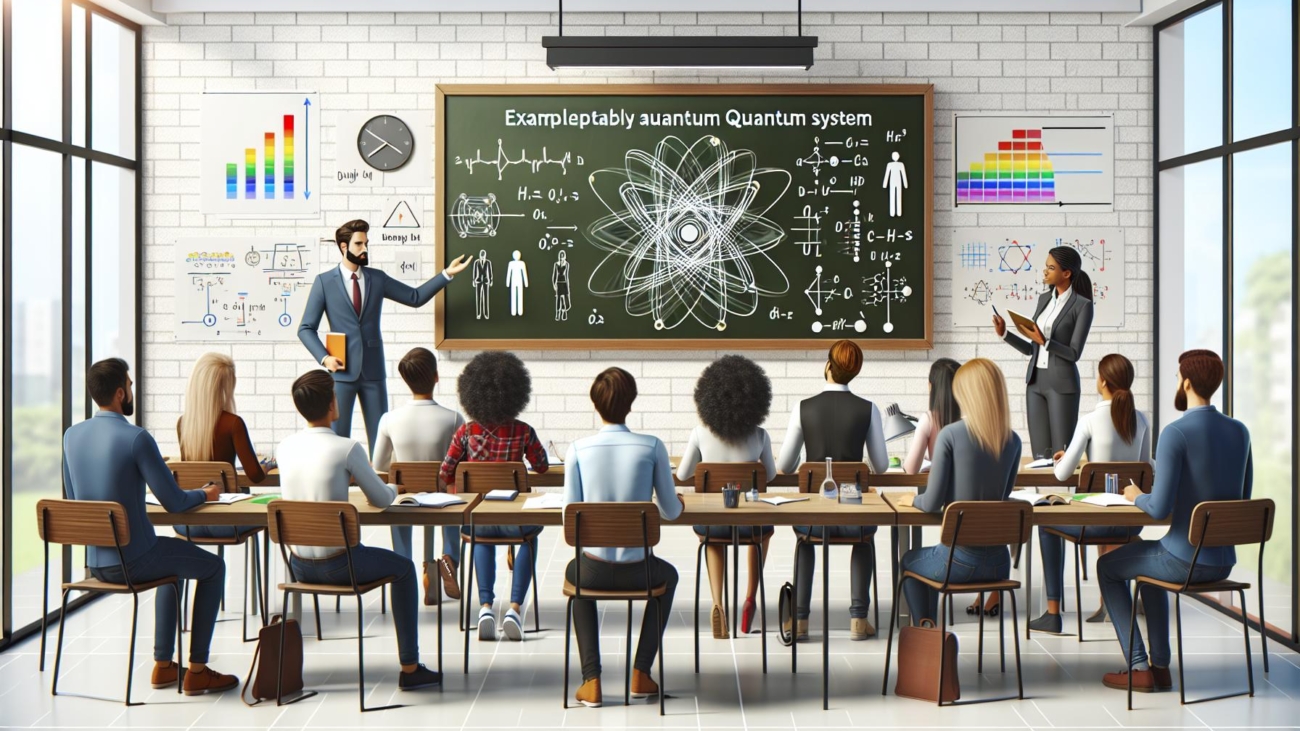Leading physics education expert, Professor Philipp Bitzenbauer of Leipzig University, has been focused on a concept known as qubits. Qubits, or two-state systems, are the most fundamental and crucial quantum systems that can accurately depict various scenarios. The control and manipulation of these two-state systems are vital in today’s quantum technology realm.
Bitzenbauer noted that there’s a significant gap in empirical studies evaluating the effectiveness of teaching methods that utilize two-state systems. There’s also a lack of research on the potential benefits and drawbacks of different teaching approaches based on these systems. “By investigating the quantum measurement process — a central issue in quantum physics — we have laid the groundwork for a survey method that can be employed in real-world studies. Our findings suggest that teaching methods focusing on two-state systems could be more beneficial than conventional methods,” Bitzenbauer stated, the main contributor to the study.
Recently, the idea of using two-state systems as a foundation for understanding quantum physics has garnered significant attention. According to Bitzenbauer, this approach paves the way for modern quantum technologies, including quantum cryptography and quantum computing. Quantum cryptography aims to secure communication against unauthorized access, while quantum computers can solve complex problems that even the most advanced supercomputers struggle with, such as factoring large integers into prime numbers.
Bitzenbauer and his team aim to make quantum technology’s revolutionary potential understandable to school students. He has been invited to share his project’s findings at the American Physical Society’s Global Physics Summit in Los Angeles in March 2025.
Bitzenbauer also highlighted that 2025 is set to be the International Year of Quantum Science and Technology. This represents a century since quantum mechanics began to significantly influence the world. The scientific community is now discussing a second quantum revolution that will impact the new century, much like the first revolution shaped the 20th century. “Today, the focus has shifted from many-body systems to controlling single electrons, photons, or, more broadly, single degrees of freedom within a quantum system. The simplest and most crucial quantum system has only two degrees of freedom — the two-state system. This is the foundation for teaching quantum physics in schools,” the researcher concluded.
